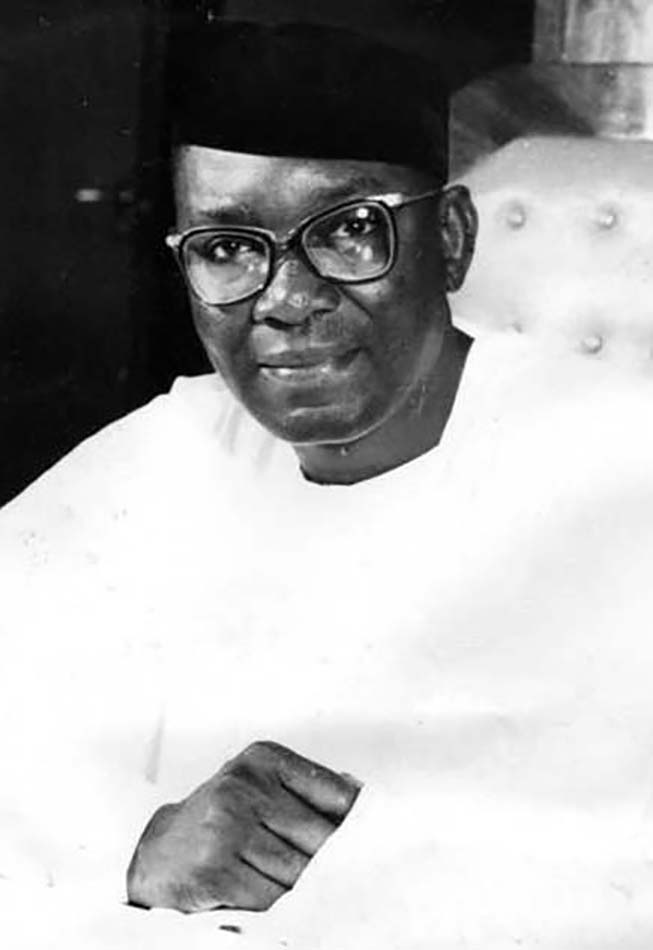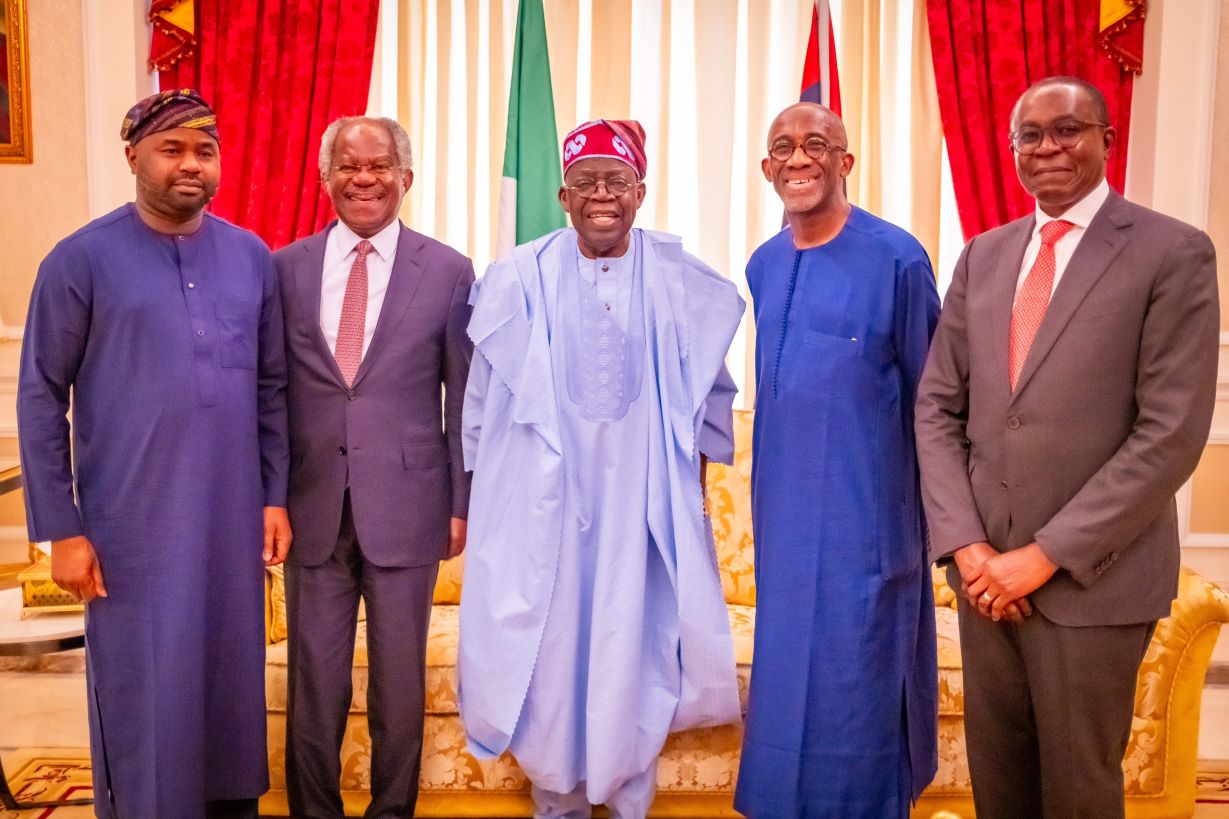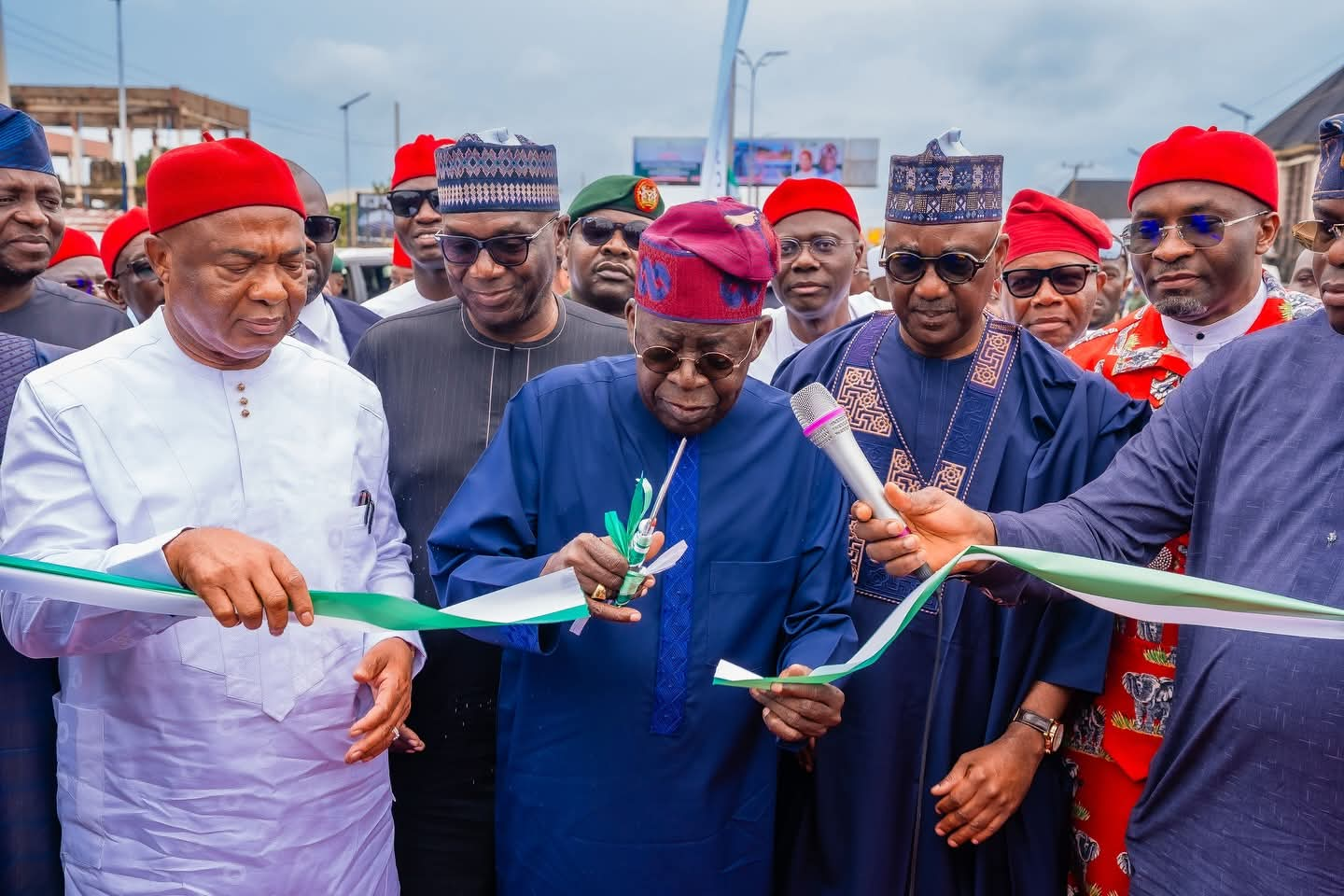Zik And Fallacy Of One Nigeria
ORI MARTINS

Zik of Africa and Nigeria’s greatest political evangelist was the one that coined the slogan “One Nigeria”. It was his intention to replicate the great America in Nigeria. Since has virtually all the elements that made America great as the most powerful country in the world, He wanted Nigeria to be the most celebrated country in Africa, at least. Remember, Zik had his degree education in the God’s on country.
Having ignited the fire of nationalism upon his return to the country in the late 1930s, Zik sought to cement unity among the nationalists in order to have a united front. In 1945, during the Richards Constitution debate, Alhaji Ahmed Bello, the Sarduana of Sokoto, had decided to withdraw from the Nigerian project, fearing that the south would always overshadow his people, the northerners. He therefore wanted to put to an end the idea of north being a part of the Nigerian journey to independence.
In 1979, Zik in an interview with the New Nigerian newspaper and was reproduced by ELECTIONS 1979, a Daily Times publications edited by Dr William Graf, vividly recounted how he brought back the north into the Nigerian project by coining the anthem, One Nigeria. According to him, “In 1945, the Richards Constitution was promulgated. I opposed the division of Nigeria into three parts. I felt that regionalism was not in the interest of Nigeria and that it would lead to provincialism. It means that we began to think in terms of our region and not of one Nigeria.
“Then, I coined the concept of one Nigeria and the slogan ‘One Nigeria’. In 1953, the NPC under the leadership of my good friend, the late Sarduana threatened to secede from the federation unless their Eight -Point Proposals were adhered to. I had to use personal diplomacy to lure him back to the Nigerian project and he listened to me. We had been friends since 1940. So, I saw Sir Ahmed Bello and prevailed upon him that the unity of this country was greater than himself and myself and the other people too helped so that the North shifted grounds and agreed and so the country was saved. That was in 1953”. (Page 162).
The import here was that both in 1945 and 1953, Zik played roles in stopping the North from exiting from the Nigeria project. If not Zik, perhaps, the North would have had a separate country and probably East and West would have followed suit and there would not have been anything like Nigeria as we have it. Today, the Igbo is at the receiving end of it. His intentions were of nationalistic implications but they are now working against Igbo interests.
Also, when the 1954 constitution conference started, Zik noted the following: “My good friend, Chief Obafemi Awolowo tabled a motion to the effect that in the new constitution, provision should be made that any state which feels like seceding should do so. I was opposed to it and said ‘no’ and said that once we have a federation we are indivisible and perpetual. That was when we began to use that expression – the indivisibility and perpetuity of the federation – and that to secede would amount to treason”.
The above revealed that it was Zik that moved against the word secession from being inserted into the constitution. If he had allowed it as Awo wanted, Ojukwu would have succeeded in his 1967 Biafra agitation. And Nigeria would have long been dissolved.
Remarkably, Zik deployed his energy, resources and time to leading Nigeria to independence. His group of newspapers made the colonial masters to shiver and quake. His non compromising stand on freedom and independence was inspiring. His pragmatic views on national cohesion and integration was really commendable even as, according to him, he survived 13 assassination attempts en route to independence.
In spite of the above significant and unparralled achievements, Zik was never elected the prime minister on the December 12, 1959 general election that ushered in independence on October 1, 1960. He was rather “assaulted” with the malignant position of governor general and later in 1963, the president. Why?
Do not be deceived by the half truth now dished out as “true history”. The fact remains that Zik’s NCNC actually won the election on December 12, 1959. This is the result of the election: NCNC got 2, 594, 577 with 81 seats in the parliament, representing 34 percent. Awo’s AG had 1, 992, 364, with 73 seats in the parliament, representing 26 percent. While Balewa’s NPC garnered 1, 922, 179 with 134 seats in the parliament, representing 25 percent of the vote cast.
Mind you, the exiting British colonial masters had conscientiously created more constituencies in the north than in the south. The British carefully made the north two and times bigger than the entire south. (Subsequent governments in Nigeria from Gowon in 1966 maintained this one sided structure). With the above outcome, the British authorities declared that the election was not won by any party and so there would an alignment. However, the authorities made it clear that the party with the highest number of seats in the parliament would produce the prime minister, not the one with the highest number of votes. It must be pointed out that Zik’s NCNC won votes across the country. Awo’s AG also did relatively well in picking skeletal votes across Nigeria but NPC that eventually produced the prime minister only had its votes in the north!
During the alignment, Zik shunned Awo for Balewa. He agreed to be the governor general and the minor partner in the coalition arrangement with NPC and rejected Awo’s offer of becoming the prime minister in the NCNC/ AG coalition. With that, Balewa emerged prime minister and Zik governor general and later in 1963, the president. The Great Zik justified his action by saying: “compromise is the art of symbiotic living, hence the most successful politicians are those who compromise for the common good whilst not sacrificing fundamental principles”.
Tomorrow we shall discuss the factors that made Zik to dump Awo for Balewa and ultimately lost the chance of becoming the Prime Minister.
It’s Zik’s week. Happy birthday our legendary leader!













